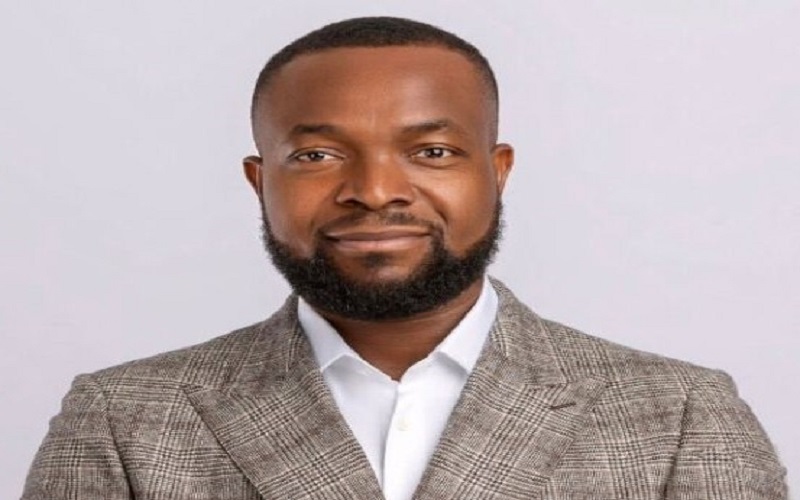Nigeria is set to commence the rollout of a $2 billion fibre optic broadband infrastructure project in the fourth quarter of 2025, as part of a sweeping push by the Federal Government to transform the nation’s digital economy and expand connectivity.
This was revealed by the Minister of Communications, Innovation, and Digital Economy, Dr. Bosun Tijani, during an exclusive conversation for a forthcoming documentary marking President Bola Tinubu’s second year in office. A statement from Presidential Adviser on Information and Strategy, Bayo Onanuga, further highlighted the key milestones of the sector.
According to Tijani, Nigeria’s digital space has recorded a massive upswing in foreign direct investment, with inflows skyrocketing to $191 million in the first quarter of 2024 up from just $22 million in the same period last year. The trend continued in Q2, with FDI rising to $114 million, compared to $25 million in 2023.
The minister attributed the momentum to the administration’s focus on laying strong digital foundations and investing in human capital. Central to this effort is the ongoing Three Million Technical Talent (3MTT) programme, which was launched in October 2023. The initiative has already trained over 117,000 Nigerians, far exceeding the initial target of 30,000. An additional 35,000 are currently undergoing training, bringing the programme close to achieving 10% of its ultimate goal.
“We are deliberately laying the groundwork for long-term economic transformation,” Tijani said. “Technology is not just a sector it’s the bridge that connects government to the people.”

He revealed that “Project Bridge,” the $2 billion initiative aimed at laying 90,000km of fibre optic cable nationwide, will kick off in Q4 2025. The project is expected to drastically improve internet accessibility and affordability across urban and rural areas alike. Tijani noted that expanding connectivity hubs by just 10 per cent could boost GDP growth by up to 2.5 per cent.
In addition to infrastructure, the ministry has made strides in artificial intelligence (AI), innovation funding, and startup growth. Nigeria now ranks among the top 60 countries in global AI readiness. The government has supported 55 academic researchers exploring AI applications in agriculture, healthcare, and education, and invested N300 million into 10 startups using AI and blockchain for agricultural advancements.
Furthering the drive for innovation, Nigeria has also established a Startup House in San Francisco, which aims to attract $5 billion in investments for local startups. This effort is supported by a Startup Pact and a Trade Desk framework that will link Nigerian tech companies with global markets and government contracts.
Tijani emphasized that over 500 government technologists have received training in AI and digital infrastructure, positioning the public sector for smarter governance. Additionally, the ministry has launched the AI Collective, a platform backed by major global players including Google, Microsoft, and Pierre Omidyar.
The push for nationwide connectivity is also being addressed through the planned deployment of 7,000 new telecom towers. This is expected to drive coverage to 98 per cent of Nigeria’s population, with support already secured from the Federal Executive Council.
On the regulatory front, 12 states have adopted zero-rated Right-of-Way policies to remove bureaucratic hurdles and encourage faster broadband rollout. This aligns with Nigeria’s National Broadband Plan, which targets 90 per cent coverage by 2025—up from 48 per cent in 2024.
With the digital economy contributing about 16 per cent to the nation’s GDP, Tijani projected an increase to 22 per cent in the near term. “We’re looking at sustainable, impactful reforms not short-term fixes,” he stated.
The landmark Digital Economy Bill, which has cleared its first reading at the National Assembly, is also expected to solidify regulatory support for the country’s digital transformation.




